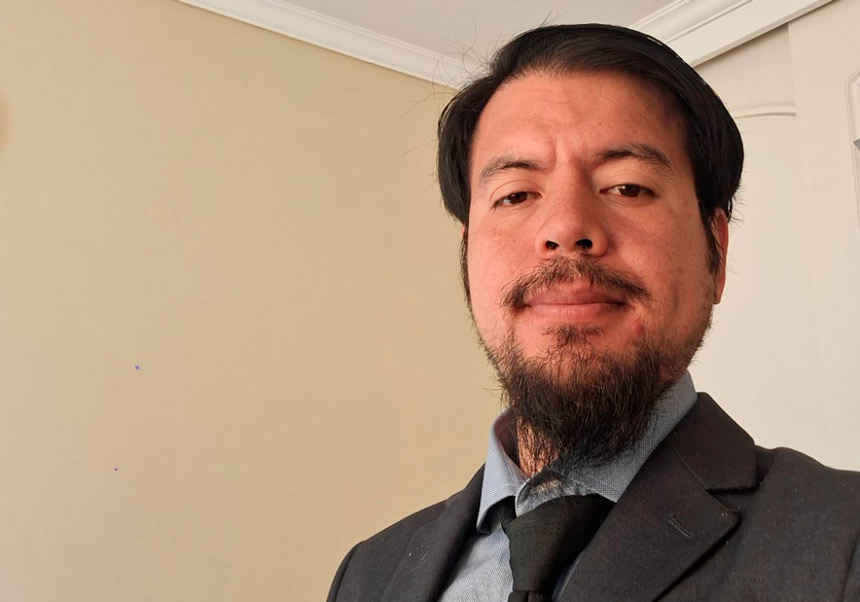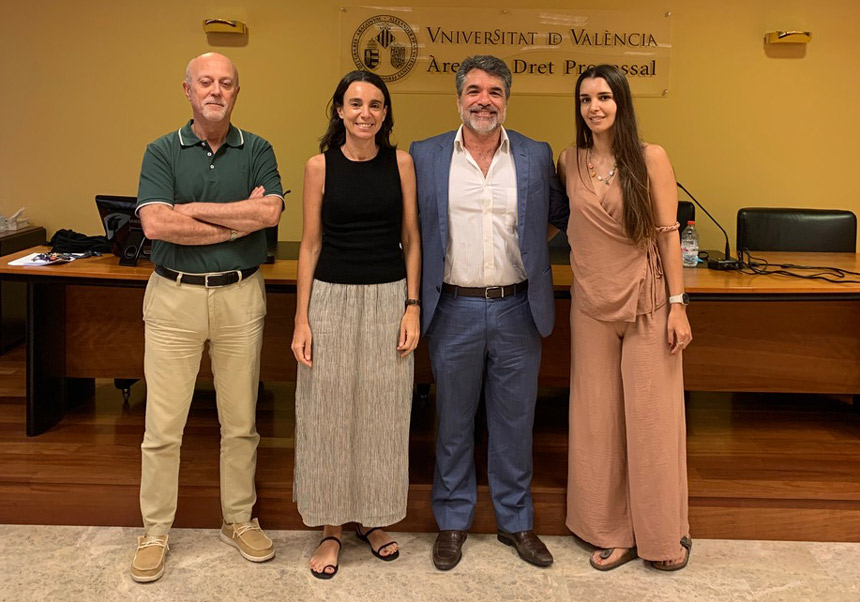
Like many of the political constitutions promulgated at the time, the Political Constitution of Costa Rica, of 1949, maintains, at a structural level, norms that allow to legally and constitutionally substantiate the economic system under which the country is governed. That is, it contains rules that allow us to strictly speak of an "Economic Constitution”.
4 october 2019
Title: Work in the Economic Constitution of Costa Rica.
Author: Gabriel Espinoza Carro
The corresponding investigation is in charge of analysing the main constitutional clauses that support this economic system, such as the rights of Private Property, Freedom to conduct a business and, without a doubt, the Social Rule of Law Clause. But, essentially, it seeks to investigate the role, within this concept of Economic Constitution, of one more element of this system: Work.
For all of the above, the project is divided into three major chapters called (I) The Political Constitution of Costa Rica, (II) Economic Constitution, Private Property and Freedom to conduct a business in Costa Rica, and (III) The Role of Work and the Collective Bargaining in the Economic Constitution of Costa Rica.
The first of these chapters focuses on analysing the economic and social context that existed around the promulgation of two of Costa Rica's most important political constitutions, that of 1871, and the current Political Constitution of 1949. At the same time, an historical analysis of the international economic and social context that prevailed at the moment in which two last constitutions that the country has had were promulgated is carried out, for purposes of understanding the transition from the Costa Rican Liberal State, to the Social Rule of Law.
In the second chapter, we sought an approach to the concept of "Economic Constitution", for which it focused on its development at international level, and then, the treatment of what until now has been considered the main clauses which are economic in nature of the Political Constitution.
In this same chapter, the concepts of «Private Property» and «Freedom to conduct a business» in the Costa Rican constitutional order were approached, stopping in their «essential content», and the indissoluble relation that exists between both. Approach that could not be carried out without taking into account the role that a Social Rule of Law has before these two figures, which is why a study of the Social State Clause and the economic system of Costa Rica extracted from these norms is also realised.
The third and final chapter was intended to discuss the “Work” role, particularly the Right to Work and that of Collective Bargaining in the structure of the Costa Rican "Economic Constitution." The approach was carried out through a double analysis, which consists of the study that the doctrine has given to both figures and in addition to the relationship that can be extracted from them with the "Economic Constitution", based on their systematic location in the Political Constitution. Finally, we sought to link these figures economically and constitutionally with the concepts of "Private Property" and "Freedom to conduct a business"
It is important to note that for this third chapter it was unavoidable not only to analyse these rights under the prism of the "Economic Constitution", but also their development around the constitutional principles of Social Justice and Solidarity immersed in the text of the Political Constitution.
Finally, the project incorporates the conclusions corresponding to each chapter, in which the most relevant points are succinctly presented, but in which at least the following ideas stand out:
- That the constitutional order guarantees Private Property, free private initiative and Freedom to conduct a business as nuclear institutions of the economic system.
- That, in turn, through the Right to Work and Collective Bargaining, states that working people are not simply "factors of production," but rather co-participants in the same constitutional economic system.
- And, therefore, that the Political Constitution of Costa Rica is based on a three-pillar economic system: Private Property, Freedom to conduct a business and Work.













